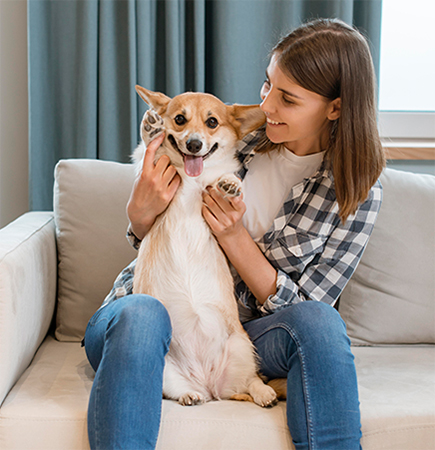Since pioneering the first MRI center in Malabar, we have been unwavering in our dedication to advancing diagnostic imaging. Our commitment to excellence is demonstrated through our ongoing investment in cutting-edge technology and the latest imaging methods. Over the years, we have broadened our service offerings to encompass a full spectrum of diagnostic modalities, including CT scans, ultrasound, and X-ray, all designed to deliver precise and prompt results.
Our success is also rooted in robust partnerships with top healthcare professionals and institutions. By collaborating closely with local hospitals, clinics, and specialists, we ensure that our diagnostic services are seamlessly woven into the broader healthcare network. Our team of radiologists brings expert knowledge to each case, delivering not only accurate imaging but also valuable insights that aid in precise diagnosis and effective treatment planning.




